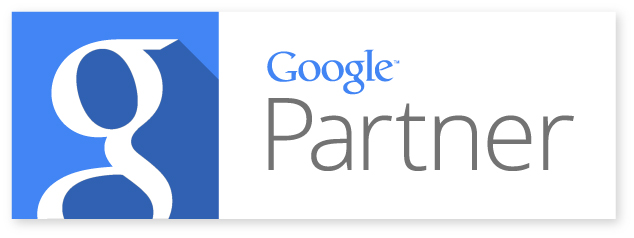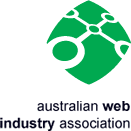Google has just rolled out one of the greatest advancements in search techology in a number of years. It's called 'Google Instant', and will revolutionise the way we search for and find information online.
What is Google Instant?
Google Instant is a new search technology that causes Google search results to be displayed on screen in real-time as the searcher is typing their search phrase. As each word of the search phrase is typed, the search results change to display results relevant to that phrase.
How will this impact the search experience?
Google claims this will save the average searcher between 2 and 5 seconds for every search. When you consider how many searches are being performed on a daily basis, this is a massive productivity gain globally!
This new search experience has the potential to alter searcher behaviour as they refine their search phrase.
Consider a normal search for "BMW speaker E46 replacement" - when you type this into the search bar and click Enter this would take you directly to the relevant search results for this phrase.
With Google Instant the results will be different. When you type in "BMW" you will most likely see www.bmw.com.au listed in the search results, then as you add "speaker" to make the phrase "BMW speaker" you may see search results for new and used speakers, or even about spokepeople from BMW.
Will our behaviour change as a result of Google Instant?
Most likely it will. In the example above, the searcher may be tempted to visit the BMW website, or even buy a whole new set of speakers for their car through a website that appeared when they had only typed the first part of the phrase.
What about Google AdWords?
The same applies for Google AdWords - the ads will dynamically change as the searcher is typing.
What impact with Google Instant have on SEO?
Greater importance will need to be placed on ranking for generic phrases. A website that specialises in replacement speakers for BMW's will need to also optimise for 'BMW speakers' or similar to ensure their website gets is visible as searchers start off with a broad search phrase and narrow it down with additional keywords. As a result, websites will become even more reliant on their Link Popularity as it can be tough to rank for generic phrases in competitive industries.
We also anticipate that this will further decrease the likelihood of searchers going to page 2 and beyond to find what they are looking for. Instead, they will alter their search phrase and see the results change dynamically before their eyes - without the need to even move their mouse!
When will it be rolled out in Australia?
Google Instant is currently being rolled out in the US and is anticipated to hit Australian shores before the end of the year.
Yet another amazing advancement from the search industry leaders!
Watch this video to see Google Instant in action!





